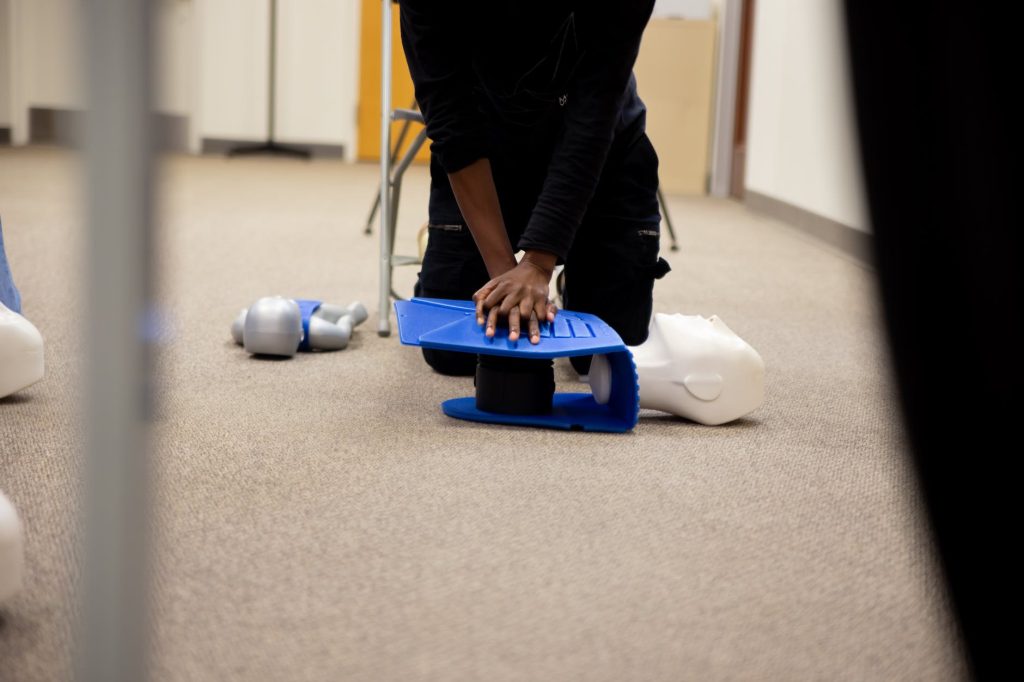Have you ever considered obtaining online CPR certification? With the convenience of completing the course on your own schedule, it can be an attractive option for those looking to learn life-saving skills. However, it is important to make sure that the program you choose is accredited and regulated to ensure that you receive quality training.
In this blog post, we will discuss the accreditation and regulation of online CPR certification programs. We will provide an overview of regulatory bodies overseeing CPR certification programs, explain the accreditation process for online CPR certification programs, compare different accreditation bodies and their standards for online CPR certification, and emphasize the importance of selecting an accredited program for certification.
Overview of Regulatory Bodies Overseeing CPR Certification Programs
There are several regulatory bodies overseeing CPR certification programs, including the American Heart Association (AHA), the Red Cross, and the National Safety Council (NSC). These organizations set standards for CPR training and certification and ensure that programs meet these standards. They also provide guidelines for instructors and monitor the quality of CPR training programs.
Explanation of the Accreditation Process for Online CPR Certification Programs

Accreditation is a process by which an independent organization evaluates the quality and standards of a CPR certification program. Accreditation ensures that the program meets established standards for quality and effectiveness. Online CPR certification programs can be accredited by organizations such as the Distance Education Accrediting Commission (DEAC) and the Commission on Accreditation for Pre-Hospital Continuing Education (CAPCE).
Comparison of Different Accreditation Bodies and Their Standards for Online CPR Certification
Different accreditation bodies have varying standards for online CPR certification programs. For example, the AHA requires that all online CPR certification programs include a hands-on skills assessment with an instructor. On the other hand, CAPCE does not require a hands-on component but requires that online programs include interactive simulations and assessments to ensure that students have a thorough understanding of the material.
It is important to research and compare the different accreditation bodies and their standards for online CPR certification to ensure that the program you select meets the highest quality standards.
Importance of Selecting an Accredited Program for Certification
Selecting an accredited program for CPR certification is crucial to ensure that you receive quality training that meets established standards. Accreditation ensures that the program has been evaluated and meets the highest quality standards for CPR training. It also ensures that the program is recognized by employers and meets regulatory requirements for certification.
In conclusion, obtaining online CPR certification can be a convenient and accessible way to learn life-saving skills. However, it is essential to select an accredited program that meets established standards for quality and effectiveness. By researching and comparing different accreditation bodies and their standards for online CPR certification, you can ensure that you receive comprehensive and high-quality training. Remember, when it comes to life-saving skills, there is no room for compromise on quality.



